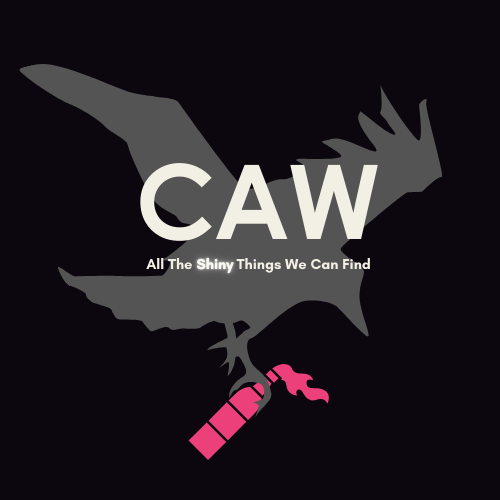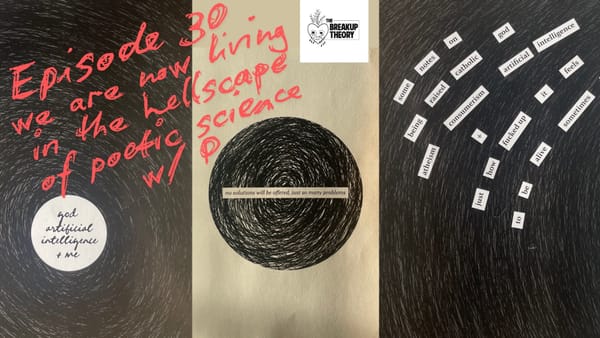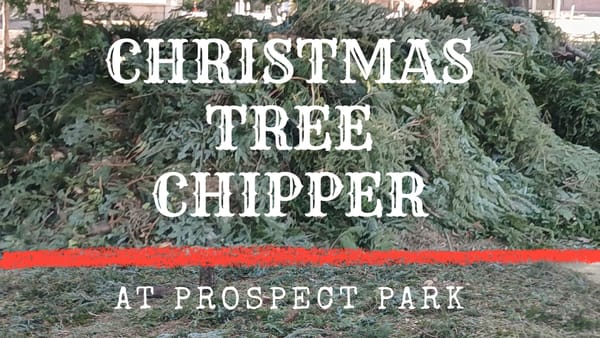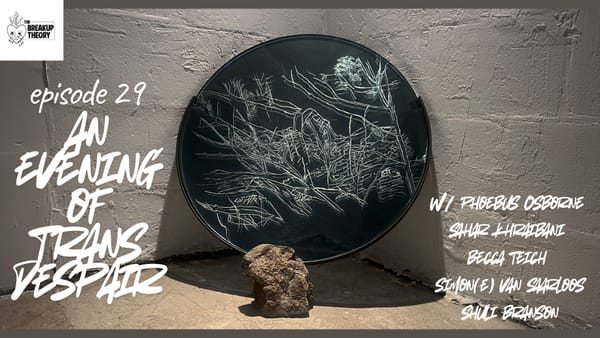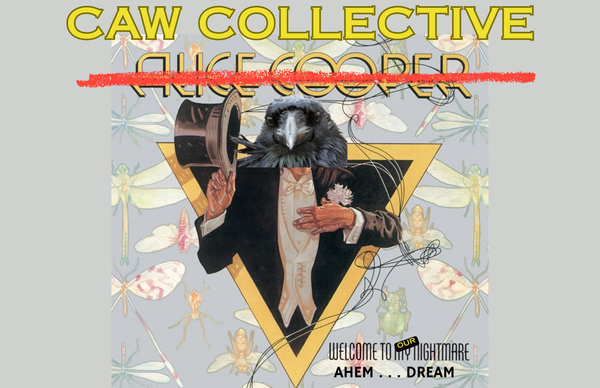ASK A CROW
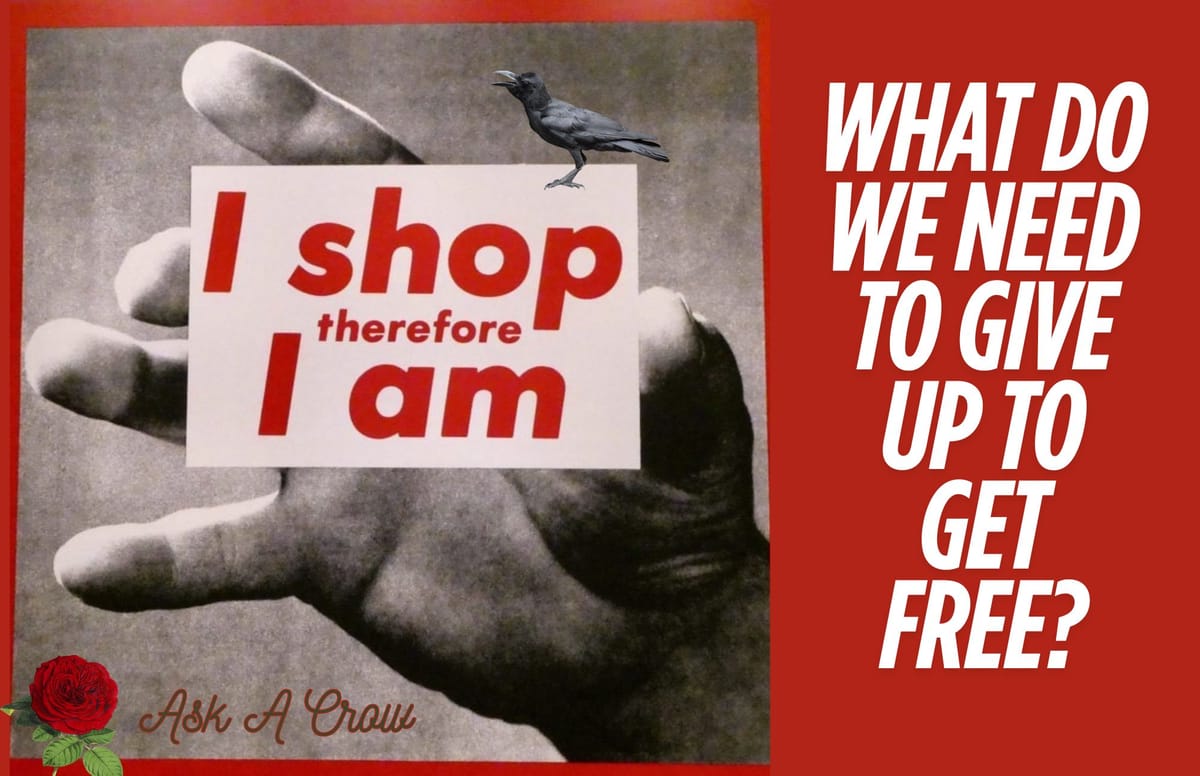
Dear CAW,
One of the obstacles I have in imagining getting past the current society is the relative comfort I have to offset the struggle of working to survive. For example, I know that something like coffee, so readily available for us, is a colonial export based on exploitative labor—but it’s one of the few rituals that gives me dependable pleasure on a daily basis. Similarly, I know that TV is a mindless drug, and yet bingeing Netflix allows me to be somewhere else than in this terrible world for hours. And even further, my hustle for food and shelter forces me to accept the shoddy choices available—and yet they become my home and my nourishment. I am wondering what we have to think about giving up to get to the other side. Do we have to let go of these basic elements of our lives now before transformation? Do these comforts keep me stuck living this alienated life?
Signed,
All Mod Cons
Dear AMC,
This is a great question and one that gets to the heart of anarchism and autonomy—how do we create the roads towards being more self-reliant? For some, it’s to create land projects (or shared housing in urban spaces) to collectively live (and hopefully thrive) as much as possible without the tentacles of the state and its institutions controlling our ways of life. These autonomous social experiments are all over the world, often under radars and sometimes off line, but many are not. (We’ll let you look them up!)
The purity that can grow out of these desires to live free of the state and capital can spur on a kind of cult-like energy—do it our way or leave—a sort of life-style anarchism, or at its worst individualism on steroids as it’s often one person's vision that is at the center (or rather top) of this so-called autonomous project. Either way, a collective or individual project that is ideologically run is often rigid and makes most of the folks involved sad, desiring a way to escape. Not unlike how most of us feel right now under empire.
Ever wonder why so many land projects fail? If it’s not interpersonal harm, it’s an inability to meet the standards that typically come before the actual experiment in living. One of the major limitations of utopian thinking is that it typically expresses itself in enclaves. This isn’t to say that people should not try to enact their dreams, but it does mean that one can’t hold everyone up to a standard that isn’t available to them. Creating an anarchist enclave without support networks among the residents, and beyond into larger community, easily shuts that enclave out from the real important work of world-making.
Another thing to think about here is accessibility and disability. Often the purist ways of thinking are easier to access by people with resources and without chronic illness or disabilities. If you rely on medical institutions, be they ever so evil, or on careworkers, it is unlikely that a land project has included your needs in their vision, and it becomes harder to free yourself entirely from the goods and services capitalism provides.
And, I bet we’ve all been told how yummy dandelion coffee is, and it’s good for you too!
Before he died, Orwell moved him and his son to the remote Scottish island of Jura, where he grew fruit and nut trees and did other land-project things, he did this in part to be far away from the deadly smog of the city. In letters to friends he’d enthusiastically invite them to come visit, and that it would be appreciated if they could bring him a bag of sugar and sometimes flour (things he couldn't get on this remote island away from most amenities). Which, we get, sugar brings so much pleasure! Orwell cared about beauty too, which is also important. One of us has been known to say that they will have a fucking rose bush on the autonomous land project! We all need roses and bread, or at least that’s what we’ve heard. But if the sweetness of roses and the joy of bread aren’t an experience available to the collective, then good for our friends’ on their land projects.
The state works by progressively removing us from autonomous lifeways and making us reliant on it to meet our needs. This history starts with cutting people off from food, and then forcing them into waged labor. But it also includes cultural indoctrination. Not only do you need some (pop) cultural aptitude to find many jobs, you also need some of this competency to interact with many people, since it’s a force in their lives. It is true we are offered meager comforts in exchange for autonomy—but we shouldn’t overlook that these are the few comforts available. So the question is, rather than judging someone or ourselves for being prey to these colonial forces and stupifying spectacles, to ask how we can start to find avenues out of them together.
One could approach many of these commodities through an angle of addiction, as the reliance the state cultivates makes us feel life is impossible without these things. If you take some space from the things you use without thinking, or to find these meager comforts, then you can begin to understand what needs you are trying to meet with them and ask whether they actually fulfill those needs, or if there are other ways to find this fulfillment (or whether they are actually needs at all). But, as with harm reduction, our only real approach is to try to lessen our reliance on the things that hurt us.
We don’t want to program some kind of leftist puritanism. A vision of a world without luxury isn’t something most people would fight for. It is just a matter of figuring out what those luxuries are that we want to carry over with us. It doesn’t have to be the wealthy’s consumption of the poor, images of which inundate us in all pop culture. Oscar Wilde argued that an (anarchist) socialist utopia would mean that every person is an artist, for life would become a work of art. He did also say that we would lose the sense of the Artist and Art that has been created through aristocracy (and the market), where the very possibility of Greatness comes at the exclusion of the majority of people. That is a trade off worth making though: to imagine that the things we love to do could actually be our lives, rather than trying to figure out constantly how to monetize our loves in order to survive. Imagine how good it might feel if art is less about buying and consuming and more about sharing and enjoying.
We will always find ways to experience substances that affect our moods – plants and fungi are full of surprises! It will depend where we live and what the land has for us. And media, or more to the point, stories and storytellers will continue to fill our hearts and minds with possibilities and imaginings. There’s even a word for this practice: thrutopia (coined by Rupert Read), which is about using storytelling as a way to imagine and create just futures, to write our new worlds. Through crafting story in our topia (place), we can learn and uncover where to find the stepping stones we need to forage new (and unknown) pathways towards these thriving and just worlds. Through creating songs or words we will be invited to think about how we live, and how we want to live together – which is a vital part of finding our way towards collective freedom and autonomy. Let’s start telling ourselves a new story than the one that keeps us trapped forever in their machines. In fact, it is likely that, once you’ve sought out other ways to fulfill these needs, your experience will be more expansive, connected, and grounded than what commodities offer.
Love,
CAW
Original art piece by barbara kruger
